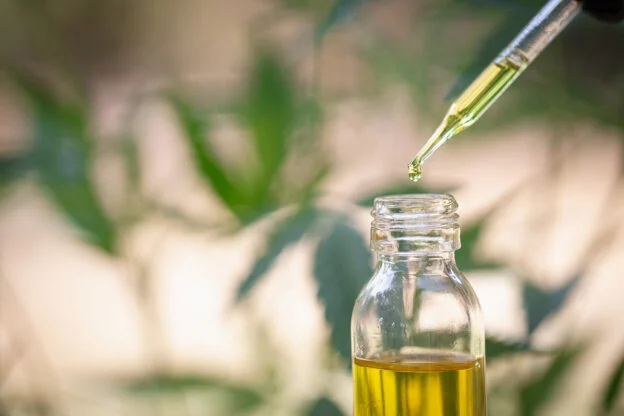Are Essential Oils Safe Before Surgery?

Peppermint, cinnamon, thyme, lavender. They all sound good enough to eat, right?
Containing familiar, friendly ingredients that we can actually pronounce, essential oils are enjoying a surge in popularity as a natural alternative to traditional pharmaceuticals and harsh chemical cleaners. When used properly, essential oils are usually not harmful and may indeed help ease stress, invigorate the senses, or disinfect your countertops.
Marketing materials often suggest that because essential oils are derived from natural, plant-based substances, they pose little or no health risk. However, this is a dangerous misconception; poison centers see numerous poisoning cases involving essential oils. In truth, essential oils contain high concentrations of active compounds that can have a real effect on body chemistry. Just because something is natural does not necessarily mean it is always safe.
Essential oils that are otherwise harmless may not be safe for a patient having surgery.
Moreover, just like any other medication, vitamin, or supplement, essential oils that are otherwise harmless may not be safe for a patient having surgery. What is particularly concerning is that, as many essential oils are marketed more along the lines of cosmetics, soaps, and lotions, patients (and some surgeons) may not even consider essential oils relevant to the conversation about what to avoid before surgery.
This needs to change. As essential oils become a more prominent part of our health and beauty routines, I urge patients and surgeons to become aware of the potential risks these products may carry for patients undergoing a surgical procedure.
How essential oils may jeopardize your safety and results during or after surgery
Even when used as prescribed, essential oils may increase the risk of complications from surgery in two ways:
- Many common essential oils can act as blood thinners, inhibiting your body’s ability to clot properly. A healthy blood-clotting mechanism is crucial to your safety both during and after surgery, helping to control bleeding from incisions. The presence of blood thinning agents in a patient can result in complications such as hematoma (internal bleeding) and impaired wound healing, which may compromise the appearance of scars.
- There is a possibility for unforeseen drug interactions. As the essential oil market is largely unregulated, there is tremendous inconsistency in ingredient quality and potency among products. Certain essential oils may include substances that interact adversely with post-operative pain medication or drugs used during anesthesia. There is currently very little research to specify which varieties may pose an elevated risk, but that is all the more reason to stop the use of essential oils before surgery.
How you use an essential oil matters for your safety before surgery.
There is a big difference between simply smelling an oil and actually ingesting the oil. If you enjoy dabbing some lavender oil on your pillow now and then, this probably is not cause for concern. However, drinking essential oils or mixing them into food exposes your body to the full potency of the product, opening up the risk for adverse effects during and after surgery.
Are essential oils more dangerous for surgery patients than other natural remedies?
You may be wondering why I am “picking on” essential oils as potential risk factors for surgery when the same can be said for any other natural or homeopathic remedy. You are right—all supplements and medications, including herbal remedies, deserve scrutiny when you are preparing for cosmetic surgery, or any other surgical procedure. Essential oils are just a newer product to add to the list.
The bottom line is that you need to communicate openly and honestly with your plastic surgeon about all supplements and medications you are taking well before you arrive for your procedure. Don’t assume something “won’t matter”—even generally benign things such as green tea or aspirin can adversely affect your body’s ability to heal properly from surgery.
The best time to begin is at your initial consultation. This will give your surgeon plenty of time to communicate any special requirements to your anesthesia team, as well as give you time to read through your pre- and post-surgery instructions, follow up with questions, and ask about supplements you may have forgotten to mention at your first consultation.
Your plastic surgeon should provide you with a comprehensive list of medications, foods and supplements to avoid in the weeks surrounding your procedure. To get an idea of what to expect, you can review the standard list of medications to avoid that we give our Fort Worth plastic surgery patients. Keep in mind that this is a general guideline: your doctor may want you to avoid additional items depending on your medical history and the procedure you are having.
Do you have questions about cosmetic surgery and how to prepare for it? If you are in the Fort Worth area, I encourage you to contact my office to schedule a personal consultation to discuss your goals and concerns.



I use essential oils Doterra when I have a cold. I will put one or two drops of breath and frankincense on my chest and rub it in could that be a problem for breast implants because I know lemon will dissolve plastic.